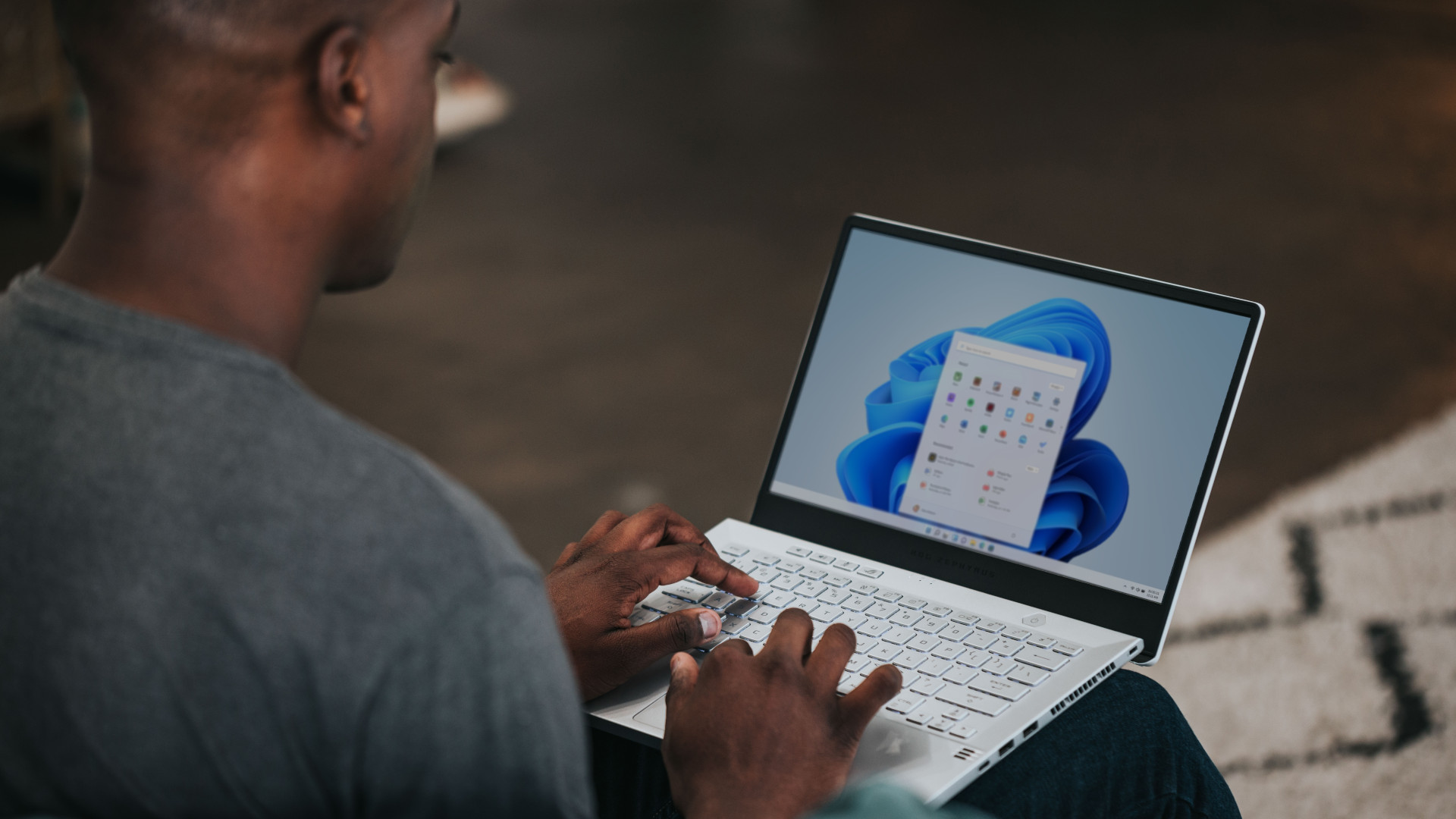Windows 11 apps that can tell when you’re sat in front of your laptop are being reined in by Microsoft
New presence sensor privacy settings are a welcome addition in testing

Sign up for breaking news, reviews, opinion, top tech deals, and more.
You are now subscribed
Your newsletter sign-up was successful
Windows 11 has another new preview build which this time brings in an important change for some users on the privacy front.
Build 22624.1610 in the beta channel introduces new privacy settings for devices that have presence sensors.
If you’ve not come across this tech before, it’s included with a fair number of new Windows 11 laptops these days, and allows for the device to automatically turn itself off, or wake up, when it detects that you’re leaving the notebook, or coming back to it respectively.
Pretty nifty, eh? Certainly, but there need to be rules for apps that can access this technology, and that’s what Microsoft is ushering in with this new beta build.
In Settings, under Privacy & Security > Presence Sensing, there’s now an option that allows you to select which apps can access presence sensors. So, if you’re worried about certain software prying into your privacy via the feature, you can simply block those apps from using the tech.
Developers can request the ability for their software to use presence sensors, Microsoft further notes in its blog post detailing the new preview build.
Remember, this is just for devices with the requisite hardware that supports presence sensing.
Sign up for breaking news, reviews, opinion, top tech deals, and more.
Analysis: A welcome, but expected, move
It’s good to see these safeguards being added, although in fairness, they’re expected features. You should have full granular control over which pieces of software can use presence sensing, given that it inherently comes with privacy worries in terms of what data might be extracted in any given app client’s activities.
Naturally, Microsoft has been keen to underline that there are no concerns on the privacy front with presence settings, and that the functionality is a safe and convenient addition to Windows. In its blog post for the new beta build, the company clarifies that with presence sensor features: “No images or metadata is collected by Microsoft and all processing is done locally on the device hardware to maximize privacy.”
Building out a suitably extensive raft of privacy-related controls will of course be a heartening reassurance for Windows 11 users who use presence sensing.
Via XDA Developers
Darren is a freelancer writing news and features for TechRadar (and occasionally T3) across a broad range of computing topics including CPUs, GPUs, various other hardware, VPNs, antivirus and more. He has written about tech for the best part of three decades, and writes books in his spare time (his debut novel - 'I Know What You Did Last Supper' - was published by Hachette UK in 2013).